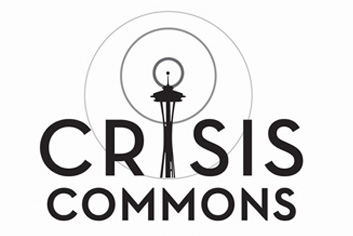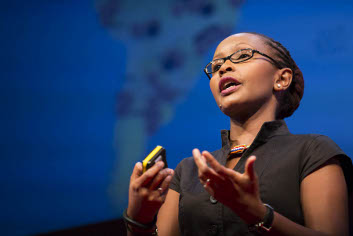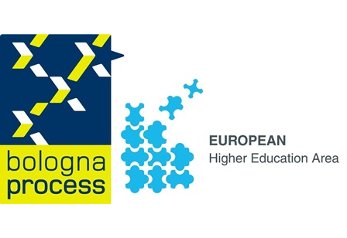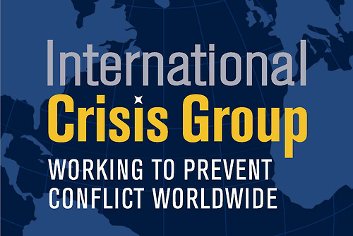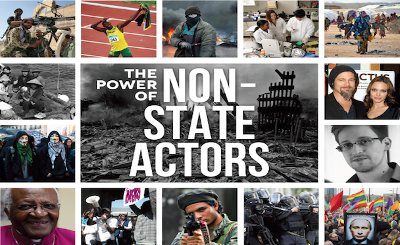Defined as the deliberate and systematic destruction of an ethnic, racial, religious, or national group, genocide is estimated to have taken tens of millions of lives and displaced tens of millions more in the 20th century alone. Over the last decades, the international community pledged to stop genocide from occurring ever again. Repeated failure to keep that promise (Cambodia, Rwanda, Bosnia, and Darfur) sparked Mark Hanis’ creation of the Genocide Intervention Network (GI-NET). Thousands in the international community are asking what they can do to stop genocide. GI-NET tries to empower individuals and communities to hold governments accountable in the context of protecting civilians around the world from genocide. A longstanding key strategy of the human rights movement has been to publish shocking reports of abuses to raise awareness and ultimately move the U.S. and other international leaders to act. GI-NET is expanding by providing global citizens with the tools to more effectively advocate and fundraise. This represents a significant shift in past practices as it distributes the power to affect change from a concentrated few to a much larger group of citizen activists. The tools that enable this distribution involve the innovative use of technology in advocacy.
Already, GI-NET’s efforts in Darfur have translated into revised thinking on prevention of current and future mass atrocities. Between grading members of Congress on their voting records, and encouraging businesses to boycott corrupt regions implicated in such atrocities, GI-NET’s national network has designed a comprehensive strategy that creates roles for citizens at all levels of engagement; thus standing as an example of how organized citizens can pressure governments, raise resources, and ultimately protect civilians from genocide and mass atrocities.
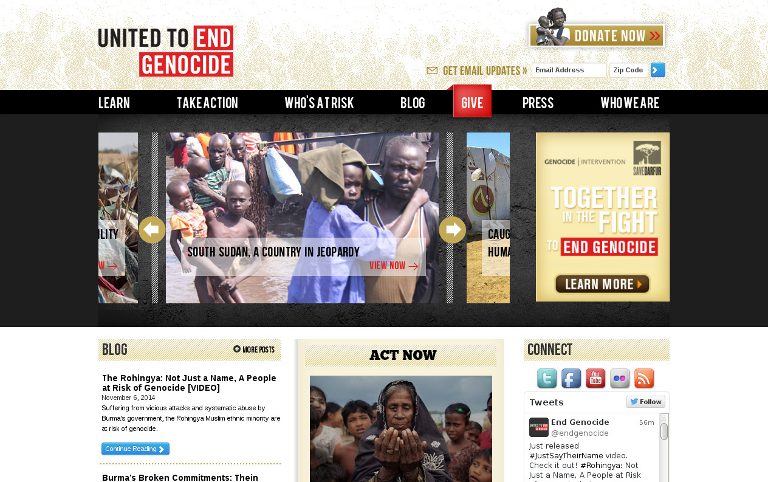 Website: http://endgenocide.org/ Mark Hanis on how the GI-NET was created, or four students in a cafeteria:
Website: http://endgenocide.org/ Mark Hanis on how the GI-NET was created, or four students in a cafeteria:




